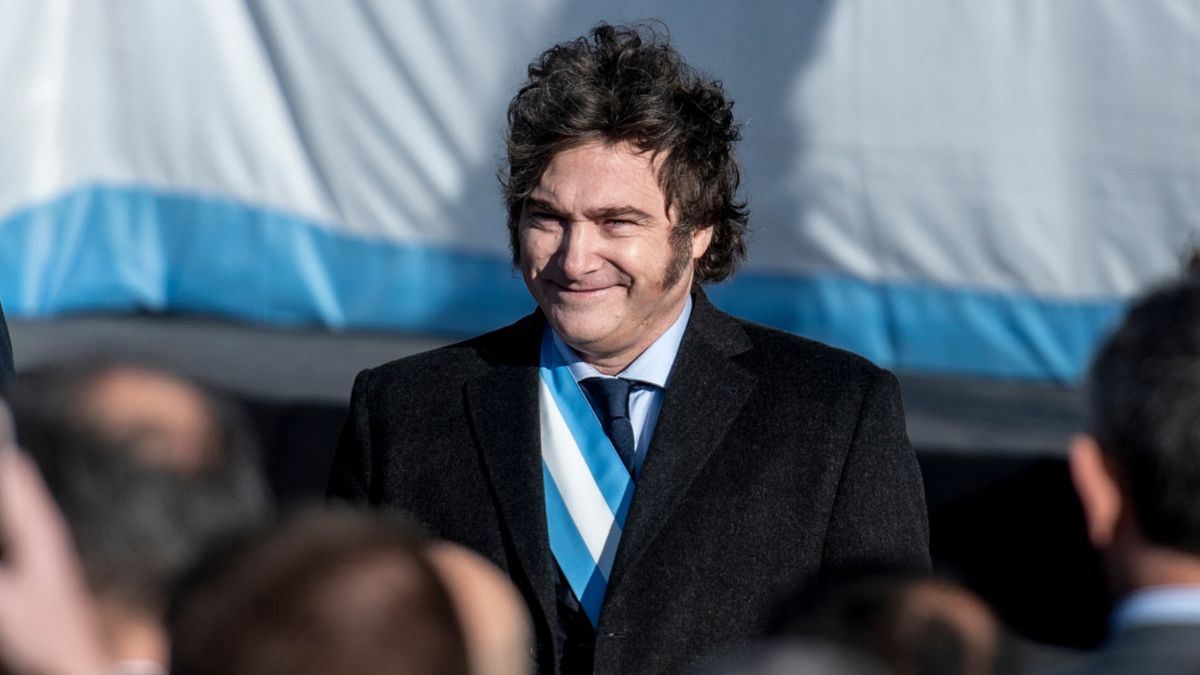A year into President Javier Milei’s administration, Argentina faces its highest poverty levels in two decades, with more than half of its 45 million citizens living below the poverty line.
Severe austerity measures, including mass layoffs, subsidy cuts, and slashed public spending, have sparked a humanitarian crisis in a country already grappling with economic hardship.
Government data reveals that poverty rose to 53 per cent in the first half of the year, up from 41.7 per cent in late 2023. Extreme poverty affects 18 per cent of the population, while more than six in ten children under 14 live in poverty, The Guardian reported.
Milei, a libertarian who rose to power promising to slash public spending with what he called a “chainsaw” approach, has defended his policies as necessary to stabilise the economy. His government claims progress, pointing to inflation dropping from 26 per cent in December to 2.7 per cent in October and a stronger peso.
“Difficult, bold decisions have worked better than imagined,” The Guardian quoted Federico Sturzenegger, Argentina’s minister of deregulation and state transformation, as saying. “The economy is recovering very clearly. The mood is much more upbeat [than] at the end of last year [when] there was a lot of uncertainty, even among those that were supporting Milei.”
Yet, the burden of Milei’s policies falls heavily on Argentina’s poorest. Public spending cuts have led to skyrocketing rent, halted public works projects, and eliminated subsidies for gas and transport. Soup kitchens, community centers, and public assistance programs have shuttered, leaving many without access to food or basic services.
Impact Shorts
More ShortsIn Barrio Mugica, a poor neighborhood in Buenos Aires, residents describe a deteriorating quality of life. Laila Gómez, 64, said her monthly rent surged from 15,000 pesos in December 2023 to 100,000 pesos, forcing her to cut meals. “Milei has cut everything,” she said. “Every time I go to the shops I buy less and less.”
Families like Jessica Tocomas’s are struggling to survive. With public works frozen, her husband, a construction worker, has been out of work for the first time in 20 years. “Everything is up – food, buses, bills – but salaries are the same,” she said.
Milei’s government has also targeted pensions, vetoing a law to raise them by 8 per cent and scaling back free medication for retirees. A report from the Center of Argentine Economic Politics (Cepa) found pensions accounted for nearly a quarter of government spending cuts in the first 10 months of the year, followed by public works at 23.6 per cent.
Protests have emerged, but they remain fragmented. Retirees gather weekly outside Congress to decry the cuts. Soup kitchens now rely on firewood instead of gas as demand surges.
“The government doesn’t care,” said Norma Canepa, a cook and activist running a soup kitchen in an informal settlement. “They only work for the rich.”
Milei’s administration attributes poverty levels to the economy he inherited. Despite widespread suffering, polls show nearly 47 per cent of Argentines support Milei, crediting him with tackling decades of mismanagement by previous administrations. Political scientist Julio Montero said Milei’s populist strategy has been effective in shifting blame and galvanizing support.
“The period of pain is over,” Milei recently told business leaders, claiming poverty is declining. While recent data indicates a slight drop, with poverty at 49.9 per cent in the last quarter, experts caution the recovery is slow and uneven.
At La Carolina, one of Buenos Aires’ poorest areas, a message painted on a wall addresses Milei directly: “Get your chainsaw off our rights.”
But Sturzenegger signaled there is more to come. “We’re entering the deep chainsaw period,” he said. “This is just the beginning.”
)